Time to Respond
The first thing to understand is that receiving divorce papers implies that your spouse has initiated the divorce process. You are now entering a legal process and there are specific rules and deadlines to follow.
The time to respond is 30 days from the day you were served with the divorce papers. This period is crucial. You need to decide whether you will contest the divorce or agree with its terms. You might choose to hire a divorce attorney to help you understand the documents and prepare a response. Missing the deadline to respond can have significant implications, which brings us to the next section.



